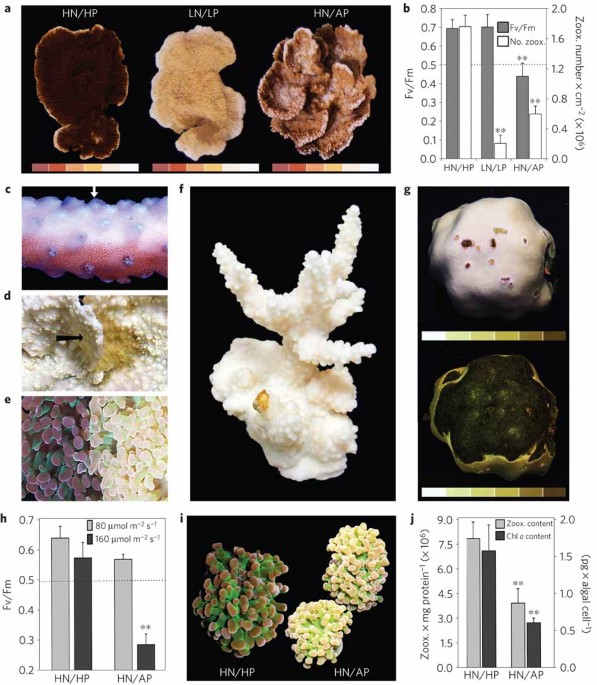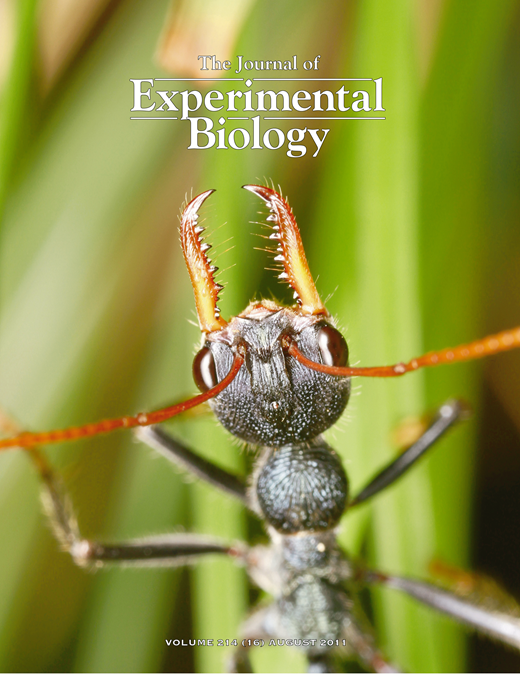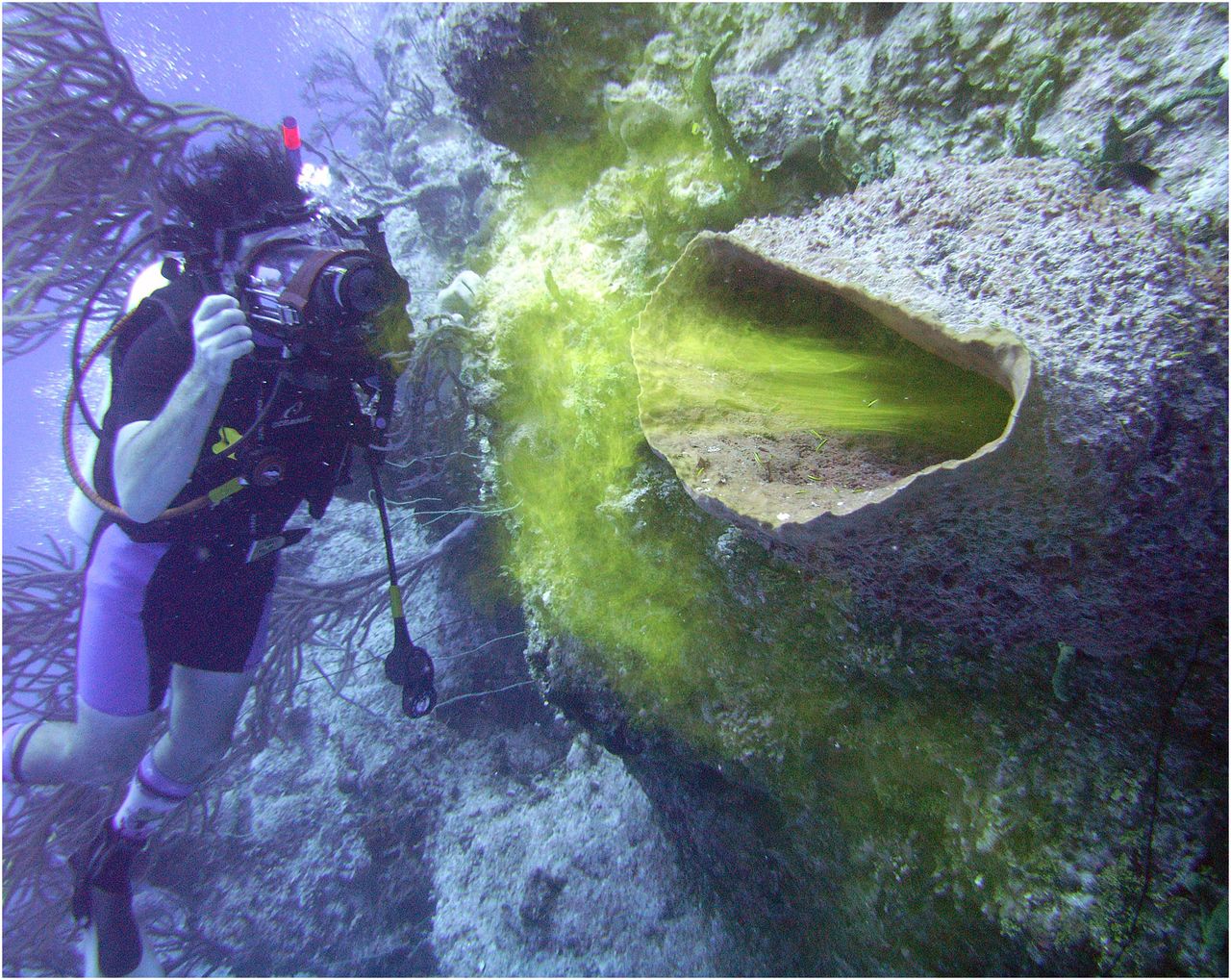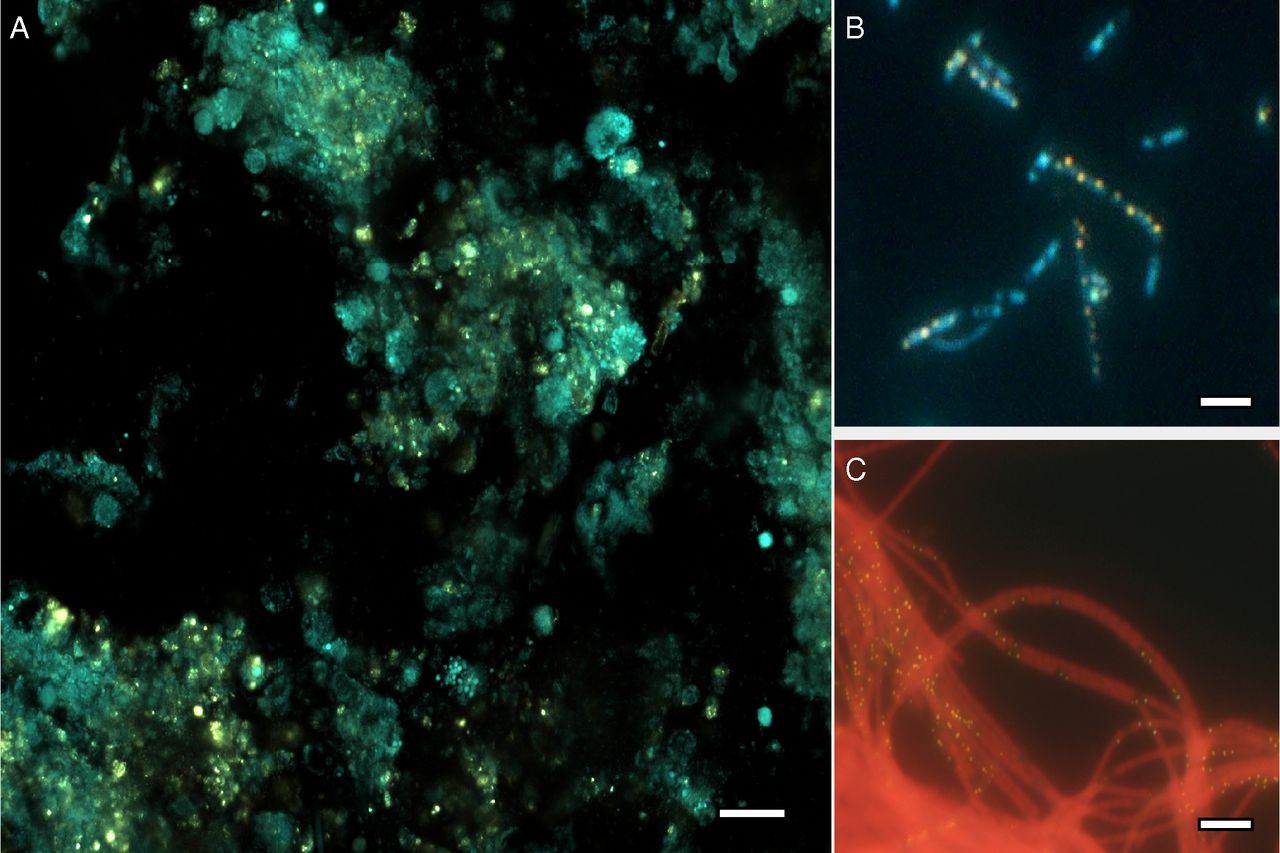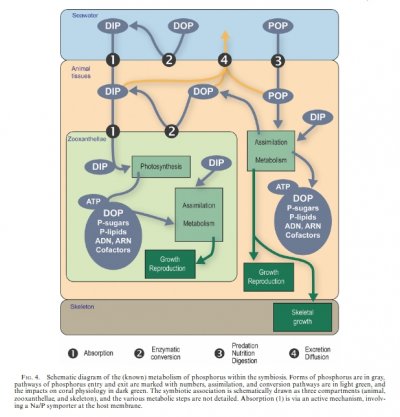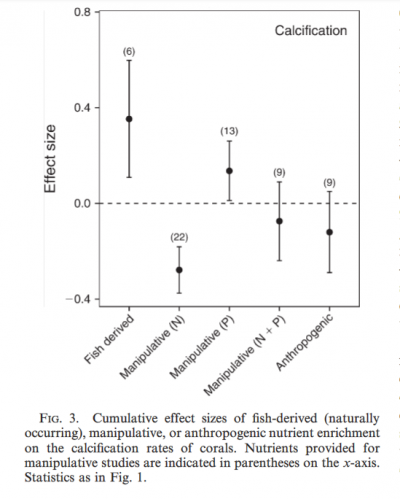Just wanted to see if there was something I might be missing or if anybody had any ideas for things I should do different. Right now I have a standard 29 gallon mostly LPS tank. It's been up and running for a little over a year now and for a while in the beginning things were going pretty well. However over the past 2 months I'm not quite sure what's happened but I've seen some RTN I think is what it's called. It started with some Digi montis. (some background) Not long after I got the frag, I accidentally broke it. But after that, the frag and the piece I broke had actually grown and done okay until about 2 months ago. Signaling to me that my params were good enough to foster growth at least at some point. Fast forward to 2 months ago and they both had started to bleach and really took a turn for the worst. The only change I made was adjusting my black box light, viparspectra, about 2-3 points increased. Then after I deemed they were not going to be able to recover, I removed them. Not long after I started to see tissue receding on an acan lord, favia, and cyphastrea.At this point these all appeared to have stopped receding but they just look rough and it's pretty disheartening not going to lie.
I've always changed the water in the tank every week and a half to 2 weeks at most. I was running a Tunze 9004 for a while but took it off as I wasn't seeing any benefit from it. I removed it maybe 2 months before the Digi started dying but my nitrates weren't affected so I don't think it really mattered.
My params have been steady at around
8.3 dKH
420 cal
1320 mag
2.5ppm No4
Temp 80.5
Salinity 1.025.
I run a hob aquaclear 70
Ai Nero 3
3152 osmolator ato
Blue bucket red sea salt.
I dosed red sea ab+ maybe once or twice a week for a little while but saw no differences. Also did targeted coral feeding maybe once or twice a week but haven't been doing this much anymore.
I try and keep it simple, the only thing I haven't been monitored is po4. I used to have a Hanna but i didn't like it so I got rid of it. However during the time I did have it, I always got steady numbers at around <0.05 I believe.
Maybe like 5-6 months ago i couldn't get my nitrates up and my phosphates were both reading 0 with this other skimmer I had but I took that off and replaced with a smaller tunze 9004.
In addition during this time I've had zoas grow a few new heads, a Duncan grow a new head, an elegance and Frogspawn do well as well as other corals. The RTN was not centralized and seemed to be random because I have my Frogspawn like 5 inches from the acan and digis that were dying. While a favia on the other side of the tank was receding tissue and showing skeleton.
If anyone has any suggestions I'd really appreciate it. It's been tough seeing my tank go through this after all the time, effort, and money put in.
I was thinking of picking up a high end led light but I didn't think that would really make much a difference and wouldn't have caused the digits to bleach and start this snowball. Also considered soft resetting the tank and tearing everything down and move it all to a new tank with the same equipment. Could things have been too clean? Was the change in light enough to cause all this? Did I need to do a large water change after I took out the digis to remove any chemicals they may have left over in the water? Idk.
Oh and the tank is stocked with
1 occelaris
1 royal Gramma
1 trochus snail
2 nassarius snails
1 black margarita snail
1 sexy shrimp
3 hermits (2 small blue legs, 1 bigger red)
Any feedback is appreciated, sorry this post is long, kind of ranting because I have a lot on my mind and don't have any local reefer friends.
I've always changed the water in the tank every week and a half to 2 weeks at most. I was running a Tunze 9004 for a while but took it off as I wasn't seeing any benefit from it. I removed it maybe 2 months before the Digi started dying but my nitrates weren't affected so I don't think it really mattered.
My params have been steady at around
8.3 dKH
420 cal
1320 mag
2.5ppm No4
Temp 80.5
Salinity 1.025.
I run a hob aquaclear 70
Ai Nero 3
3152 osmolator ato
Blue bucket red sea salt.
I dosed red sea ab+ maybe once or twice a week for a little while but saw no differences. Also did targeted coral feeding maybe once or twice a week but haven't been doing this much anymore.
I try and keep it simple, the only thing I haven't been monitored is po4. I used to have a Hanna but i didn't like it so I got rid of it. However during the time I did have it, I always got steady numbers at around <0.05 I believe.
Maybe like 5-6 months ago i couldn't get my nitrates up and my phosphates were both reading 0 with this other skimmer I had but I took that off and replaced with a smaller tunze 9004.
In addition during this time I've had zoas grow a few new heads, a Duncan grow a new head, an elegance and Frogspawn do well as well as other corals. The RTN was not centralized and seemed to be random because I have my Frogspawn like 5 inches from the acan and digis that were dying. While a favia on the other side of the tank was receding tissue and showing skeleton.
If anyone has any suggestions I'd really appreciate it. It's been tough seeing my tank go through this after all the time, effort, and money put in.
I was thinking of picking up a high end led light but I didn't think that would really make much a difference and wouldn't have caused the digits to bleach and start this snowball. Also considered soft resetting the tank and tearing everything down and move it all to a new tank with the same equipment. Could things have been too clean? Was the change in light enough to cause all this? Did I need to do a large water change after I took out the digis to remove any chemicals they may have left over in the water? Idk.
Oh and the tank is stocked with
1 occelaris
1 royal Gramma
1 trochus snail
2 nassarius snails
1 black margarita snail
1 sexy shrimp
3 hermits (2 small blue legs, 1 bigger red)
Any feedback is appreciated, sorry this post is long, kind of ranting because I have a lot on my mind and don't have any local reefer friends.







